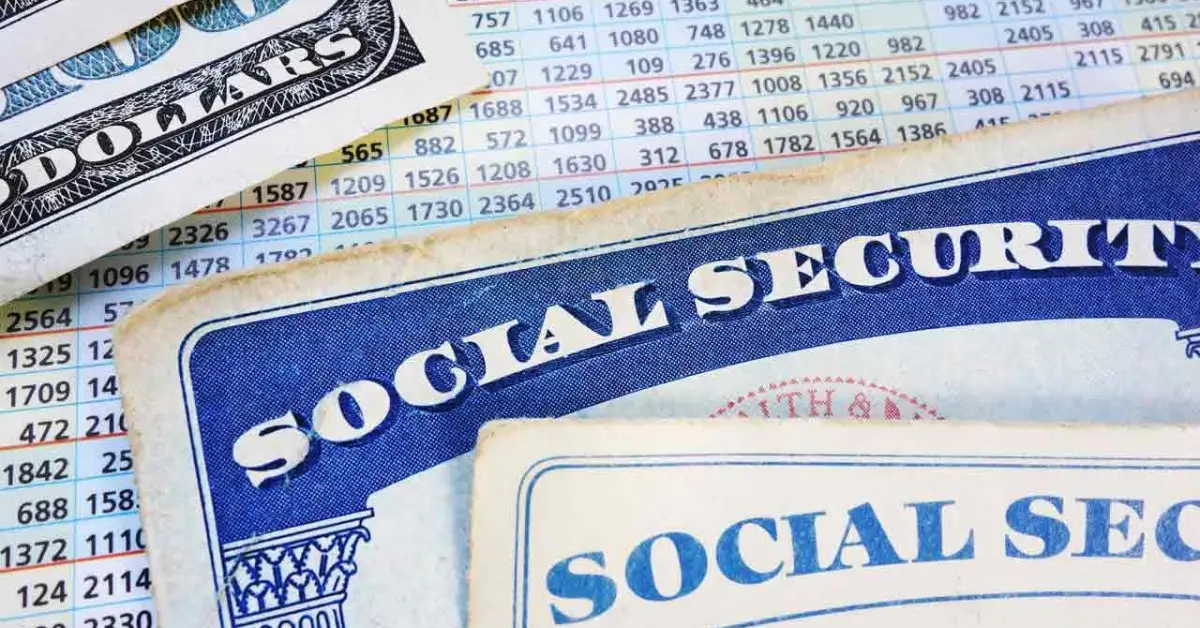Millions of Americans rely on Social Security to survive. These monthly payments help people cover their most basic needs like food, housing, and medical care. But right now, a growing number of people are facing a scary new problem. The government is clawing back money that it says was overpaid, and if beneficiaries don’t act quickly, they could lose up to 50% of their benefits every month.
This issue arises when the Social Security Administration (SSA) claims that a person was paid more than they should have received. Once SSA finds an overpayment, it wants that money returned, usually as soon as possible. For people who live paycheck to paycheck, this is a huge challenge. The SSA has set up a process that allows beneficiaries to fight back, but there’s a catch: you only have 90 days to respond.
What Is the 90-Day Window?
The SSA gives people 90 days to respond to an overpayment notice. During that time, you can:
- Ask for a lower repayment rate if paying the full amount right away is too hard.
- File a request for reconsideration if you believe the overpayment notice is a mistake.
- Apply for a waiver if the overpayment wasn’t your fault and paying it back would cause you financial hardship.
If you don’t take any of these steps within 90 days, the SSA will start automatically withholding up to 50% of your benefits until the full amount is repaid. For those receiving Title II benefits—which include retirement, disability, and survivor benefits—the 50% withholding is now the standard rate. People receiving SSI (Supplemental Security Income) face a slightly lower rate of about 10%, but that can still be a serious blow.
Why This Matters So Much
For most Social Security recipients, even a small cut in their monthly payment can be devastating. These are people who are often elderly, disabled, or both, and they rely on every dollar to pay their rent, buy groceries, and cover other essential expenses. Suddenly losing half of your income could mean losing your home, skipping meals, or going without needed medication.
Richard Fiesta, the executive director of the Alliance for Retired Americans, put it: “Losing 50% of your benefits could put people in immediate economic hardship.”
It’s Often Not the Beneficiary’s Fault
What’s really troubling about this situation is that many of these overpayments happen because of errors made by the SSA, not because of anything the beneficiary did wrong. For example, the SSA might have miscalculated someone’s income or failed to process paperwork properly, which leads to months—or even years—of incorrect payments.
By the time SSA notices its mistake, it may have already overpaid someone by thousands of dollars. Then it demands that money back—often long after the person has spent it on essentials.
Advocates argue that it’s deeply unfair to make people repay money they never should have received due to administrative mistakes.
A Complicated Process
In theory, people who receive an overpayment notice have options. You can ask for a waiver, request reconsideration, or set up a repayment plan. However, in practice, this process can be confusing and inconsistent.
Kate Lang, director of federal income security at Justice in Ageing, explained that your success in dealing with an overpayment often depends on which SSA employee handles your case. There are thousands of SSA employees, and each one has a lot of discretion when deciding whether to approve a waiver, offer a repayment plan, or reject your request altogether.
This inconsistency makes it difficult for people to know what to expect or how best to protect their benefits.
Long Wait Times Add Pressure
Adding to the stress, many people face long wait times to get help from the SSA. Appointments at local offices can take weeks or even months, especially as SSA offices are still catching up after delays caused by the pandemic.

This is a huge problem because if you can’t get help in time, you risk missing the critical 90-day window. Once that deadline passes, SSA will automatically start withholding 50% of your benefits, no matter your situation.
Calls for Change
Advocates and experts are calling for reforms to make the system fairer and easier to navigate. They argue that SSA should not punish people for mistakes that were not their fault. They also want the agency to improve its communication and make the waiver and reconsideration process clearer and more accessible.
Until those changes happen, though, it’s up to beneficiaries to be proactive. If you receive an overpayment notice, don’t ignore it. The sooner you act, the more options you’ll have to protect your benefits.
Tips for Beneficiaries
Here’s what you should do if you get an overpayment notice:
- Read the Notice Carefully: Make sure you understand how much SSA says you owe and why.
- Respond Quickly: You only have 90 days to act. Mark the deadline on your calendar and don’t wait until the last minute.
- Request a Waiver or Reconsideration: If the overpayment wasn’t your fault, or you believe SSA made a mistake, file a waiver or reconsideration request.
- Set Up a Repayment Plan: If you can’t pay the full amount back at once, ask for a lower repayment rate.
- Get Help: Contact a legal aid organisation, advocacy group, or Social Security expert who can guide you through the process.
Final Thoughts
Social Security is a lifeline for millions of Americans. But when mistakes happen, and overpayments are claimed, the system can suddenly feel like a trap. Losing 50% of your benefits overnight is more than just a financial inconvenience—it can threaten your health, safety, and security.
While advocates push for better policies and fairer practices, beneficiaries must stay informed and act fast if they receive an overpayment notice. Remember, you only have 90 days to challenge the decision or ask for help—and that clock starts ticking the moment you get the notice.
If you or someone you know is facing this issue, take action now to protect your hard-earned benefits.
Disclaimer: This article has been meticulously fact-checked by our team to ensure accuracy and uphold transparency. We strive to deliver trustworthy and dependable content to our readers.




